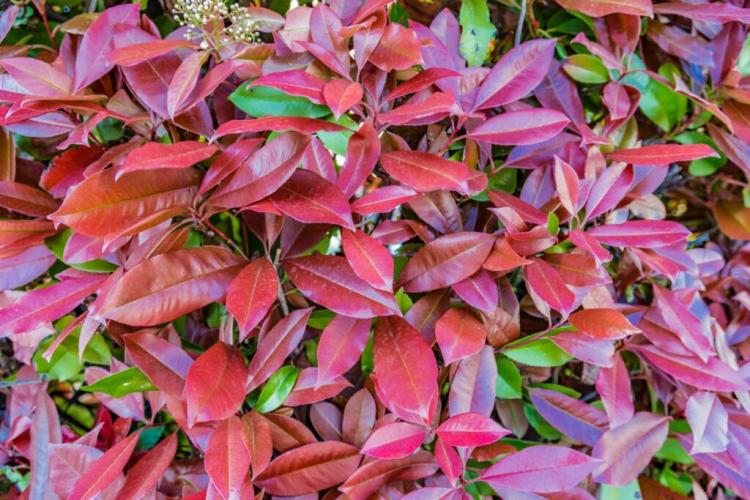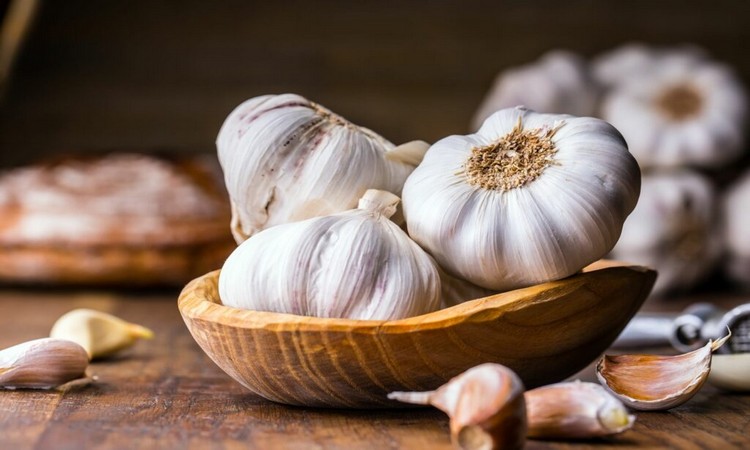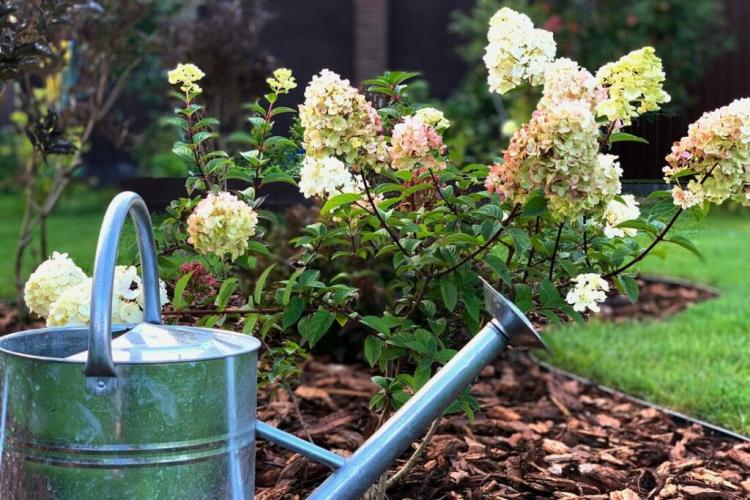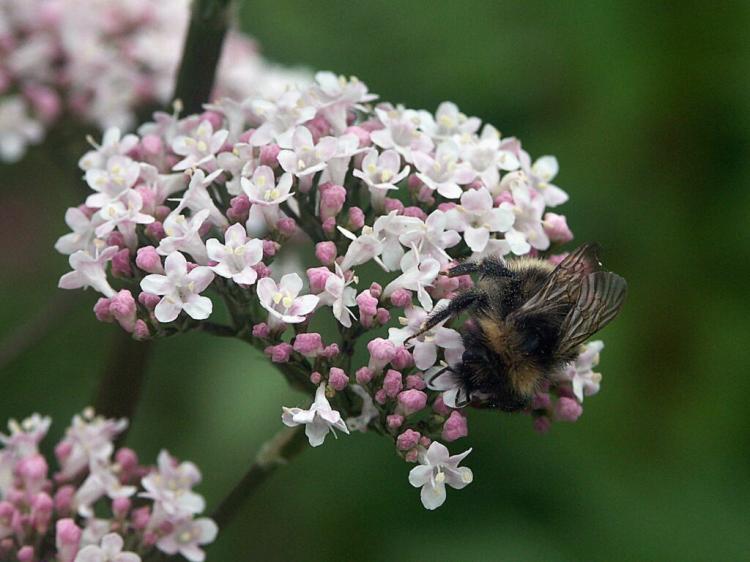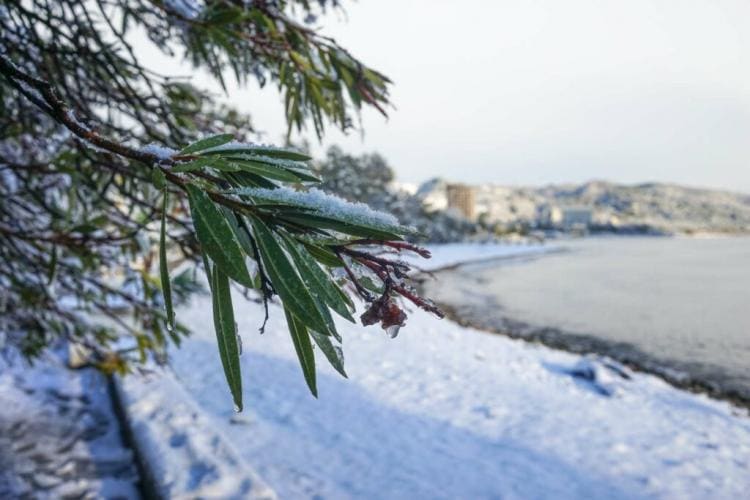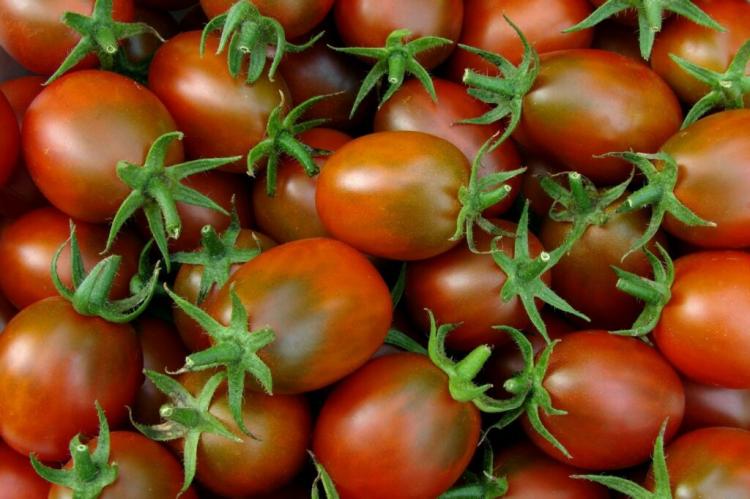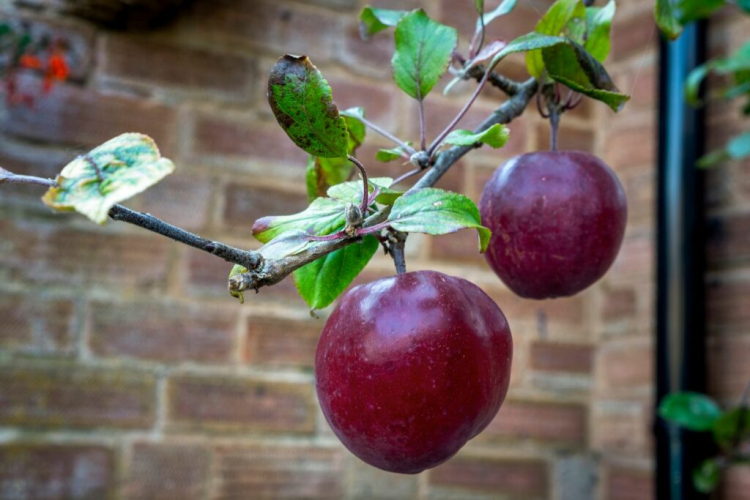Fertilizing Loquat: Expert tips for perfect fertilization
The common loquat has special requirements and its fertilization also requires sensitivity. What you need to know about fertilizing medlars can be found here.
Glossy medlars ( Photinia ) help your hedge to shine in the truest sense of the word because their leaves actually shine. But that’s not all: some evergreen species also surprise with their red leaf shoots in spring. Only in autumn, when it gets colder, do the young leaves turn an intense green. So that you can offer this color spectacle to your garden and you are always well protected from the prying eyes of the neighbors, you will find out the most important things about fertilizing your medlars here.
There are many different types of medlars, but they all come from Asia. Particularly popular in this country is the evergreen medlar species Photinia x fraseri, which also includes the well-known variety ‘Red Robin’, and Photinia davidiana, which is also known as the laurel medlar. Since both species are evergreen, they also have similar nutritional requirements.
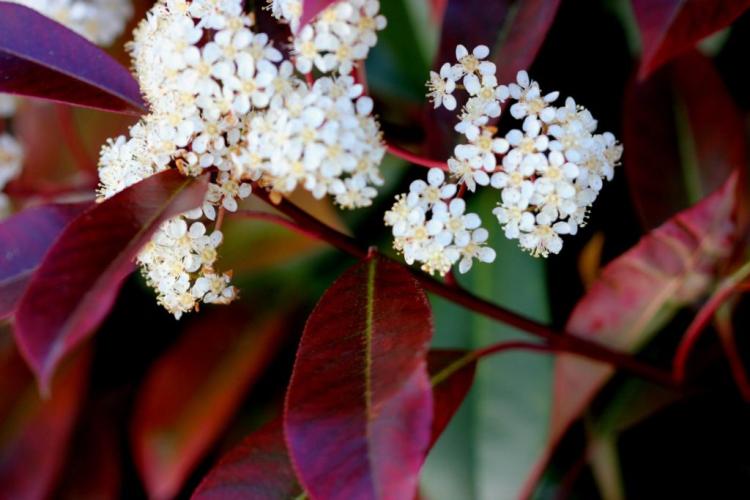
The right time to fertilize medlars
Table of Contents
The common loquat is happy about nitrogenous fertilization in spring, just before the first flowers appear. Otherwise, however, the plant is quite undemanding and does not need further fertilization. In cold regions, it is also advisable to use potassium fertilization in late summer to strengthen the resistance of the cold-sensitive plant.
You might so like – Crimson clover: sowing, sprouting, etc.
What should you fertilize medlars with?
As with most other plants, the same applies to the common loquat: You should not overdo it with fertilization. If you want to encourage rapid growth, you should give it a helping of fertilizer every spring. Organic fertilizers such as compost or manure are of course ideally suited here. But organic fertilizers or mineral depot fertilizers can also be used.
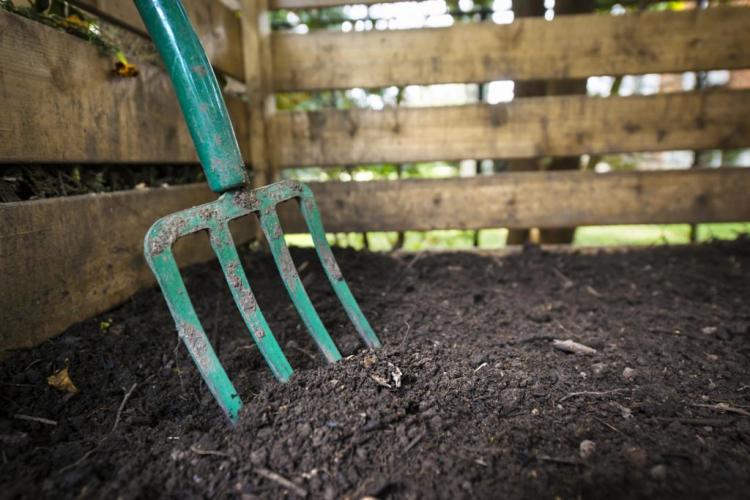
Organically fertilize medlar: the right dosage
With fertilizers that have already been put together, nothing can go wrong if you adhere to the dosage indicated on the package insert. But how much compost or manure can the common loquat actually tolerate? This question is not very easy to answer. Ripe compost is well tolerated. Depending on the size of the plant, you can treat the plant to a generous portion in spring. With manure, on the other hand, you should be a little more economical and not give more than a full shovel.
You might so like: Garden Fertilizer: The Right Fertilizer For Your Garden
Fertilize the medlars with blue grain and co
Blue grain and similar fertilizers should be used carefully. Since the nutrients are all available at the same time and immediately, a large proportion of them are washed out. In addition, it can quickly happen that you accidentally overfertilize your plant with nitrogen. For this reason, it is better to use depot fertilizers for fertilizing the medlar, which lasts a long time and only slowly releases its nutrients. In this way, your loquat will be evenly and well taken care of.
Fertilize medlars with home remedies
A real home remedy is probably not available for fertilizing the medlar – especially since a little coffee grounds or the like is hardly sufficient in terms of quantity for a large plant or an entire hedge. It should be said here, however, that natural organic materials fundamentally improve soil activity and fertility and bring nutrients into the soil. In principle, it is always best not to keep the soil at the base of a plant clinically clean. Fallen leaves and withered flowers should be allowed to lie there, which decompose and become part of the nutrient cycle again. Most ornamental plants can do without any fertilizer. As an additional side effect, moisture can be better retained in the soil and the roots of the plants are well protected.
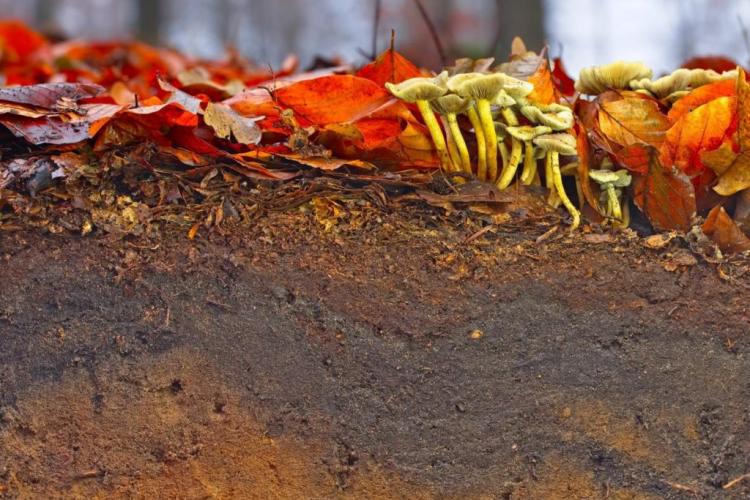
Fertilizing the medlar – the most important things in a nutshell:
- Fertilize the common loquat in spring
- Use fertilizer with long-term effects
- Preferably use organic fertilizers
- Leave a layer of leaves under the hedge to save fertilization and promote healthy soil
If you are interested in organic and sustainable products for the garden.
